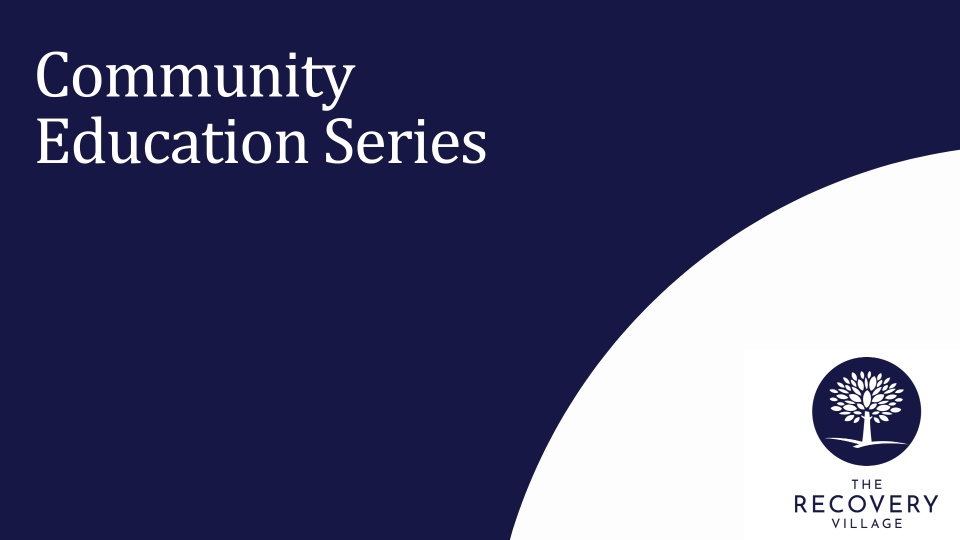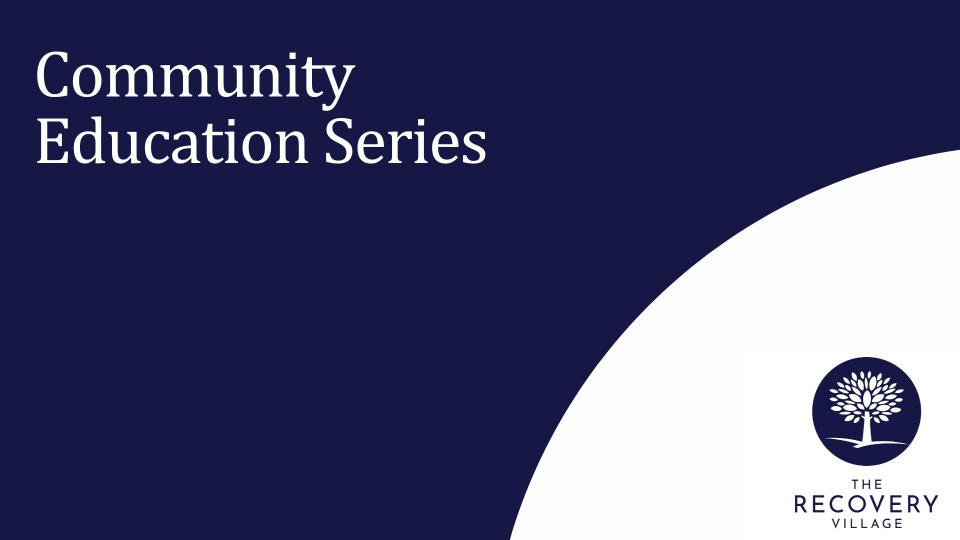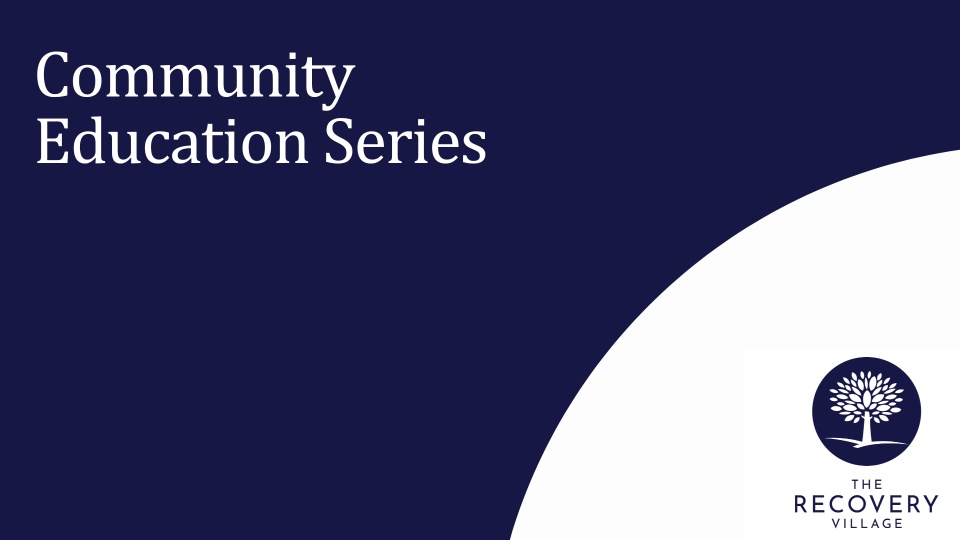Learn how to manage stress and anxiety in a crisis or other critical event. Licensed counselor Dorinda Burnham dives into coping skills and resources to use.
Critical Events and Stress Management
Estimated watch time: 19 mins
Available credits: none
Objectives and Summary:
In this community education webinar, Dorinda Burnham, LMHC, CCTP, discusses stress management and decision-making before, during and after a crisis event, and how to bring anxiety and stress from a level 10 to a manageable amount.
After watching her presentation, the viewer will be able to:
- Understand the body and brain’s response to stressful events and anxiety
- Differentiate between inundating catastrophizing and thoughtful planning before a stressful event
- Use tools, resources and strategies to cope with stress and anxiety









